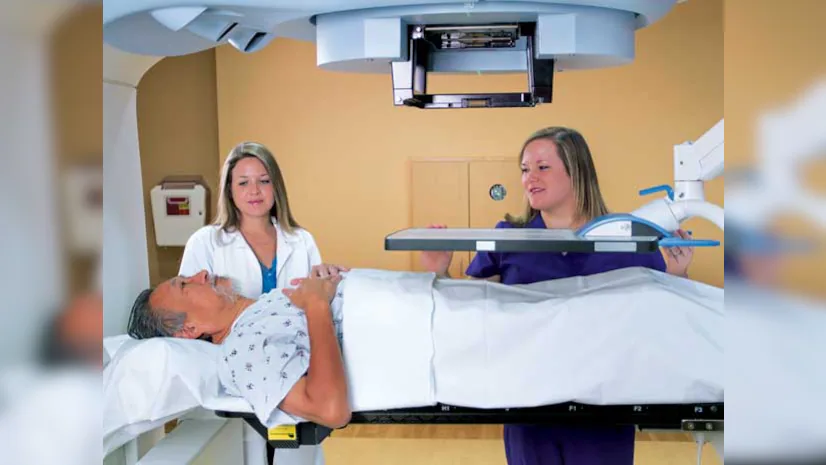Recent advancements in artificial intelligence (AI) have uncovered a groundbreaking revelation in the realm of prostate cancer research. A study published in the journal Cell Genomics unveils the presence of a new form of aggressive prostate cancer, offering hope for improved diagnosis and treatment strategies.
Understanding Prostate Cancer Subtypes
Overview of Findings
Led by researchers from the University of Oxford and the University of Manchester, UK, the study identifies two distinct subtypes of prostate cancer, termed evotypes. This discovery holds immense potential for tailoring treatments to individual patients, facilitated by genetic testing enhanced with AI technology.
Insights from Lead Researcher
Key Researcher Statements
Lead researcher Dan Woodcock emphasizes the significance of understanding the evolutionary pathways of prostate tumors. This knowledge enables a paradigm shift in tumor classification, focusing on the cancer’s evolutionary trajectory rather than isolated genetic mutations or expression patterns.
Collaborative Efforts and Data Analysis
International Consortium Collaboration
The study is the result of collaborative efforts within the Pan Prostate Cancer Group, established by scientists from The Institute of Cancer Research (ICR) and The University of East Anglia, UK. Together, they analyzed genetic data from thousands of prostate cancer samples across nine countries.
Unprecedented Insights and Challenges
Novelty of Discoveries
Professor David Wedge from Manchester Cancer Research Centre highlights the complexity of prostate cancer, likening it to HER2+ breast cancer. The identification of evotypes represents a significant advancement, enabling the differentiation of distinct disease types based on their evolutionary paths.
Implications for Prostate Cancer Management
Transformative Potential
The newfound understanding of prostate cancer subtypes opens doors to personalized treatment approaches tailored to each patient’s unique tumor characteristics. This tailored approach holds promise for improving patient outcomes and reducing the burden of this prevalent cancer.
Revolutionizing Prostate Cancer Care
In conclusion, the integration of AI-driven analysis with genetic data has unveiled a new frontier in prostate cancer research. By identifying distinct disease subtypes and their evolutionary trajectories, researchers are poised to revolutionize how prostate cancer is diagnosed and treated, offering renewed hope for thousands of lives.




